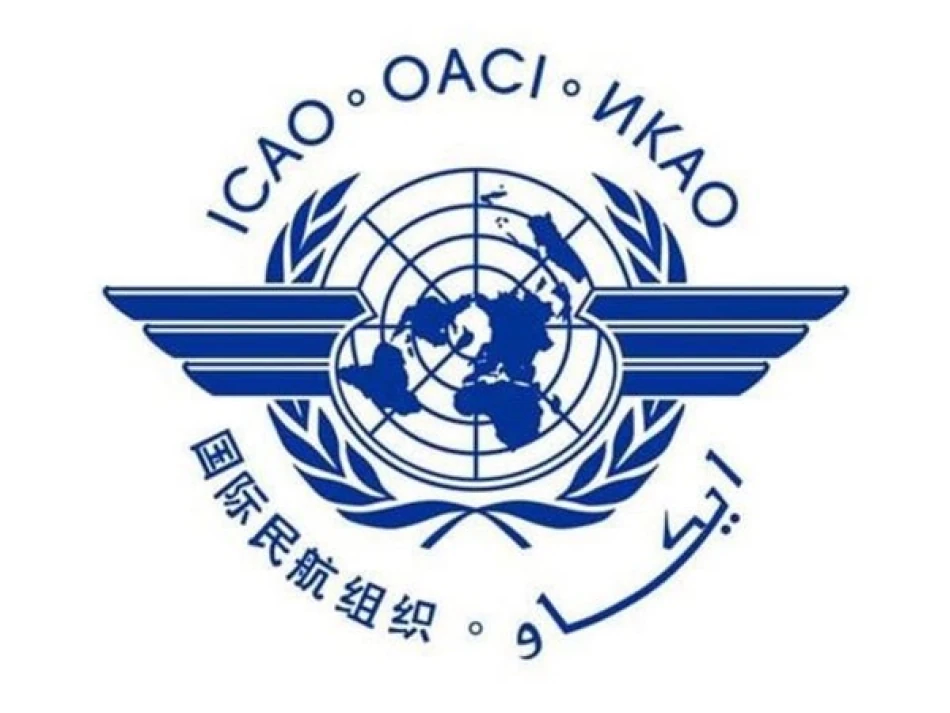
UAE's 'Global Sustainable Aviation Marketplace' Officially Adopted as ICAO's Annual Event
UAE's Green Aviation Initiative Gets Official ICAO Backing in Global Sustainability Push
The International Civil Aviation Organization (ICAO) has officially adopted the UAE's Global Sustainable Aviation Market (GSAM) initiative as an annual event within its organizational agenda, marking a significant win for the Emirates' strategy to position itself as the global hub for low-emission aviation. This endorsement transforms what began as a national vision into an internationally-backed platform that could reshape how the aviation industry approaches its carbon neutrality goals.
From Regional Ambition to Global Platform
During its 235th session, ICAO's council formally recognized GSAM as an official annual event, providing the UAE with unprecedented institutional backing for its sustainability agenda. The decision crowns more than a year of diplomatic and technical groundwork by the Emirates, which first launched the initiative in February 2025 during Abu Dhabi's hosting of ICAO's Fourth Global Implementation Support Seminar.
The timing is strategic. As aviation faces mounting pressure to decarbonize—with the industry contributing roughly 2-3% of global CO2 emissions—the UAE has positioned itself ahead of competitors like Singapore and Qatar in the race to become the Middle East's green aviation leader.
Market Impact and Investment Opportunities
For investors and aviation stakeholders, ICAO's endorsement signals a fundamental shift in how sustainable aviation fuel (SAF) and low-carbon aviation fuel (LCAF) markets will develop. The initiative directly supports ICAO's Long-Term Aspirational Goal (LTAG) of achieving net-zero emissions by 2050, creating a structured pathway for capital deployment in green aviation technologies.
Abdullah bin Touq Al Marri, UAE's Minister of Economy and Tourism, emphasized that the country has successfully "transformed a national idea into a global institutional platform." This transformation carries significant implications for aviation finance, as GSAM integrates with ICAO's Finvest Hub, potentially channeling billions in climate finance toward sustainable aviation projects.
Competitive Positioning Against Global Rivals
The UAE's success in securing ICAO backing puts it ahead of other aviation hubs pursuing similar sustainability mandates. While the European Union has implemented binding SAF quotas and the United States offers substantial tax credits for sustainable fuel production, the Emirates has chosen a different path—creating an international marketplace that connects policy, technology, and financing.
This approach mirrors successful models in other sectors, such as Dubai's emergence as a global financial hub through regulatory innovation and international partnerships. By hosting the platform rather than merely participating in others' initiatives, the UAE gains first-mover advantages in setting standards and attracting investment flows.
Technical Framework and Industry Integration
Saif Mohammed Al Suwaidi, Director General of the UAE's General Civil Aviation Authority, highlighted that GSAM represents "a successful model for activating international partnerships for the sustainability of this vital sector." The initiative's technical framework focuses on three key pillars: accelerating SAF adoption, promoting LCAF development, and facilitating international climate finance through established ICAO mechanisms.
The platform's integration with existing ICAO infrastructure provides legitimacy and operational efficiency that standalone initiatives often lack. This institutional backing reduces regulatory uncertainty for airlines and fuel producers considering long-term investments in sustainable aviation technologies.
Looking Ahead: Second Edition and Industry Expectations
Preparations are underway for GSAM's second edition, which is expected to attract broader international participation as the initiative gains momentum under ICAO's formal endorsement. The success of this approach could establish a template for other member states seeking to advance sector-specific climate initiatives through international aviation governance structures.
For the global aviation industry, GSAM's evolution from concept to ICAO-backed platform demonstrates how strategic diplomatic engagement can accelerate technical and financial solutions to climate challenges. As airlines face increasing pressure to demonstrate credible decarbonization pathways, platforms like GSAM may become essential infrastructure for accessing both sustainable fuels and the financing needed to scale green aviation technologies.
The UAE's achievement also signals a broader shift in international aviation governance, where member states increasingly drive specialized initiatives that complement ICAO's broader regulatory framework—a development that could reshape how global aviation policy evolves in the coming decade.
Most Viewed News

 Layla Al Mansoori
Layla Al Mansoori






